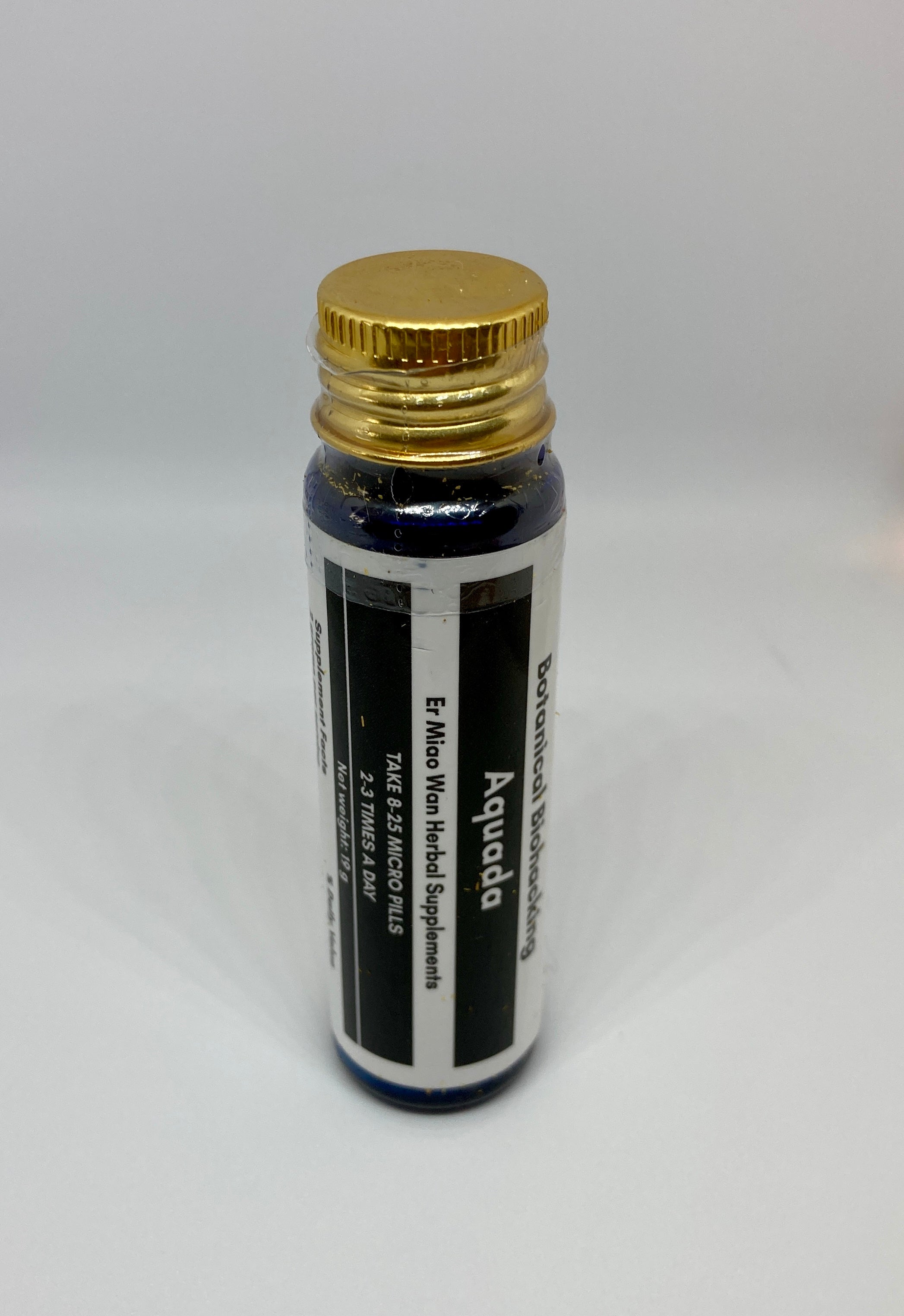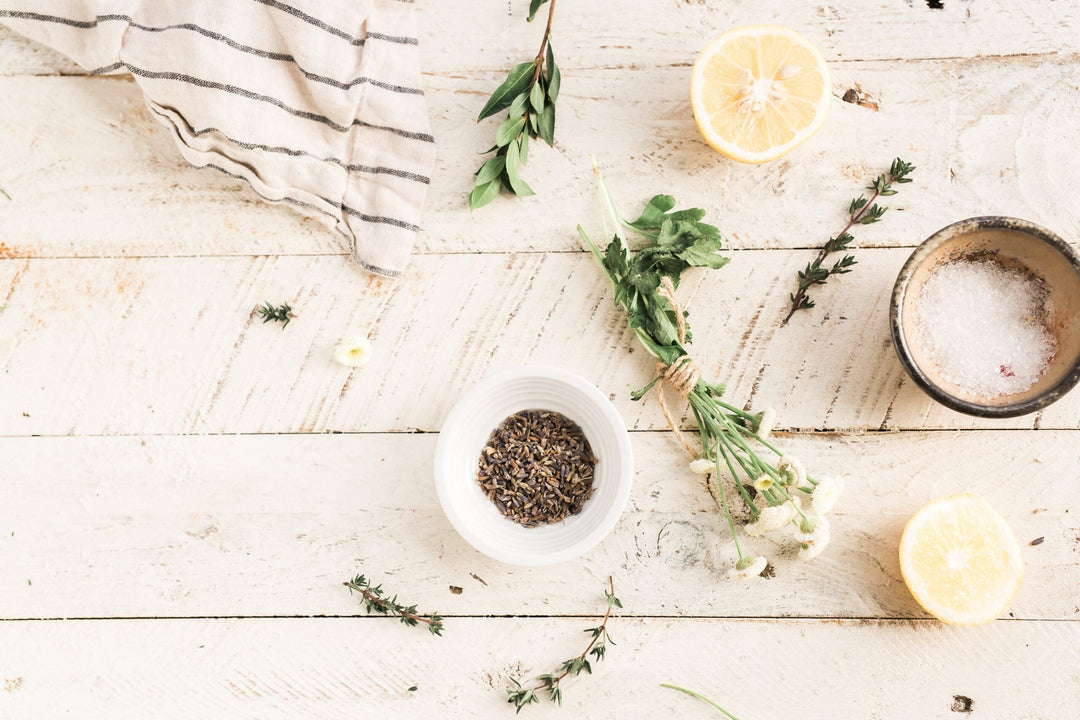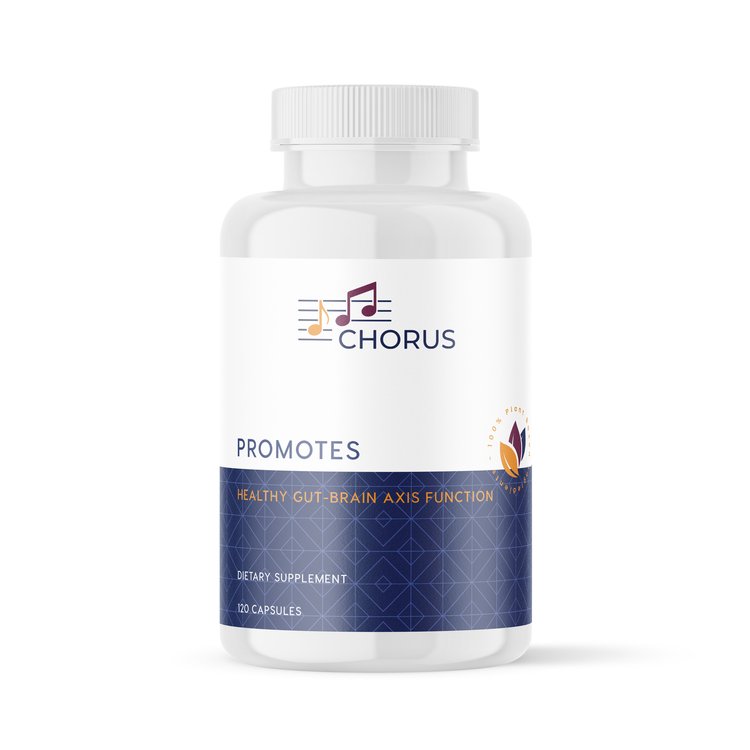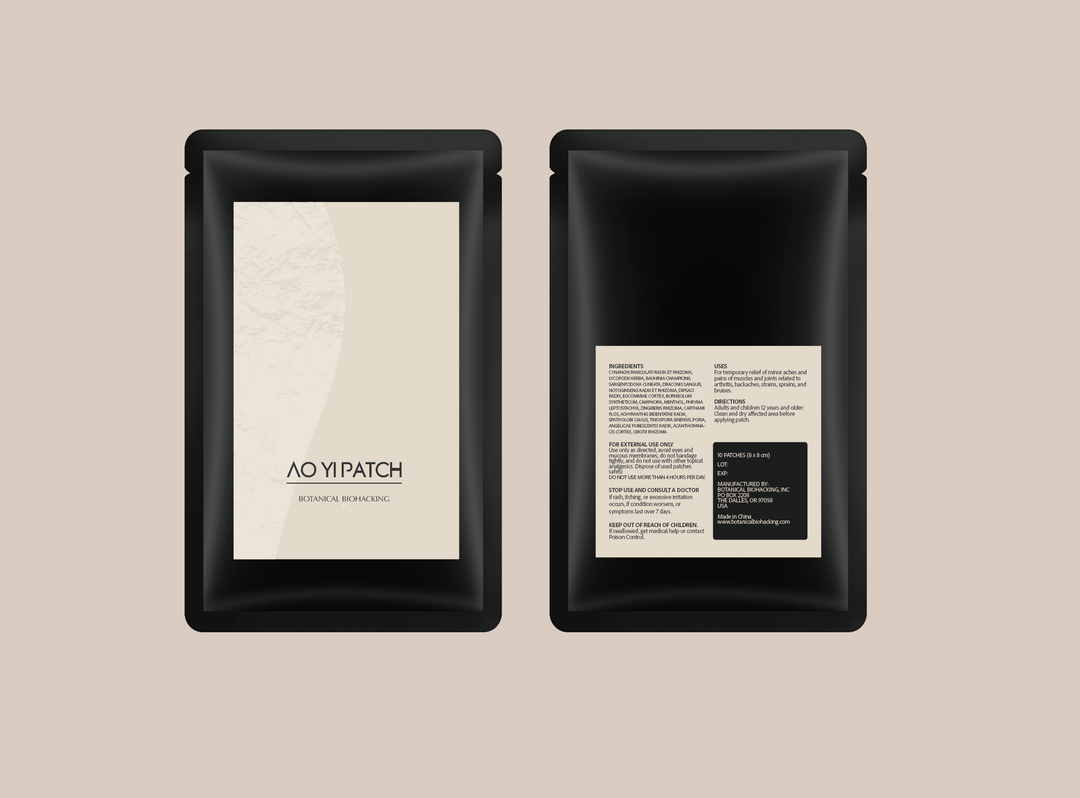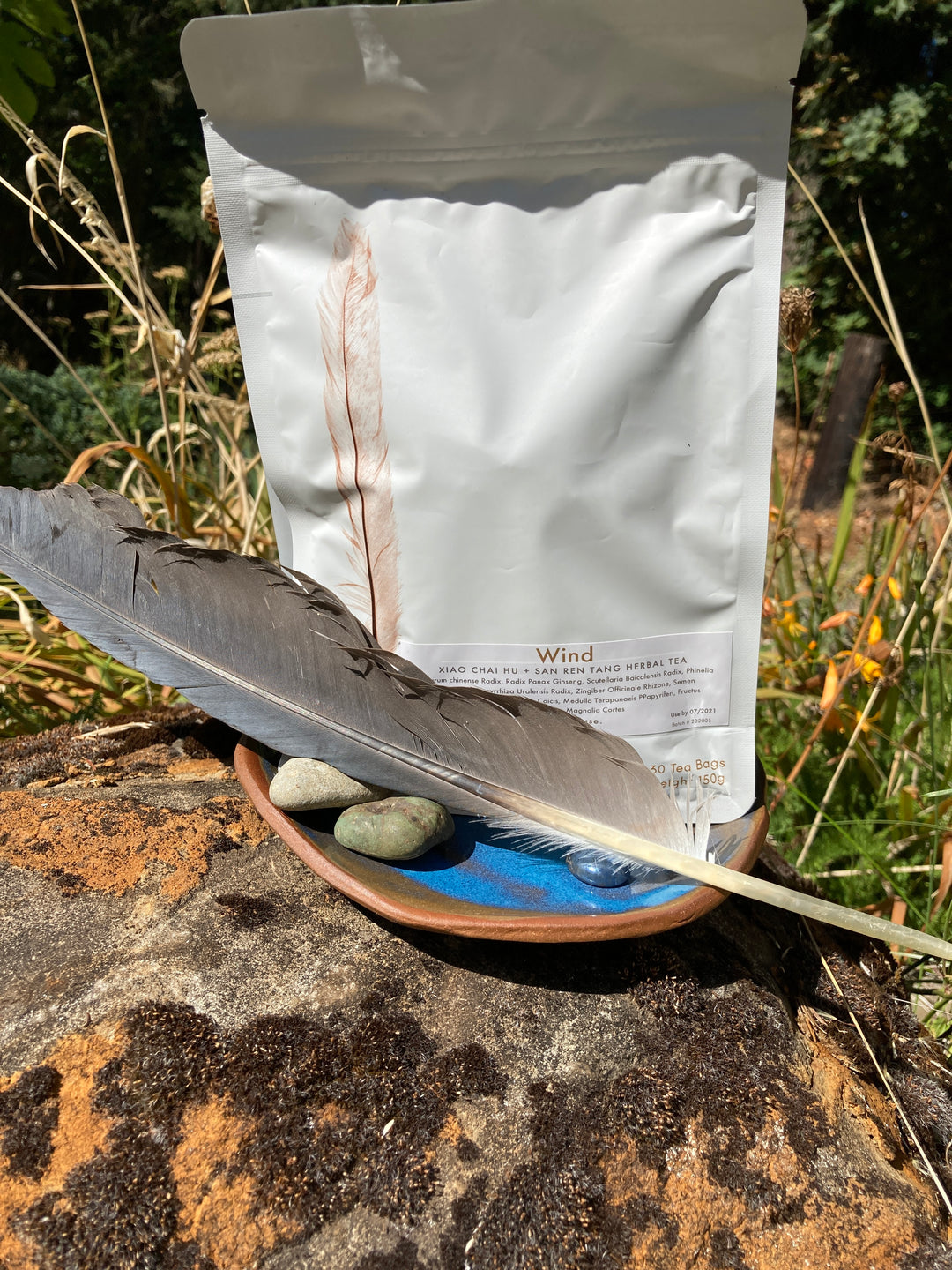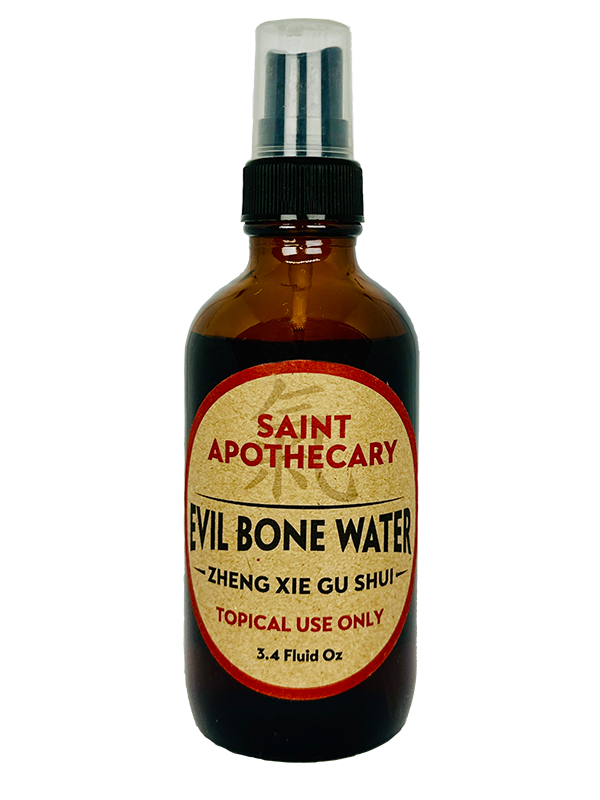How We Treat SIBO
"How we treat SIBO" is a question that often plagues individuals grappling with the discomfort and disruption that Small Intestinal Bacterial Overgrowth (SIBO) can bring to their lives. SIBO, often a hidden culprit behind digestive woes and frequently associated with Irritable Bowel Syndrome (IBS), demands a nuanced approach for effective management. Here are some Simple, Easy, and Effective evidence-based strategies and practical solutions that we use in the clinic to effectively treat SIBO, offering hope and guidance to those seeking relief and a path towards improved well-being.
Quick Links to the Sections Below
- Understanding SIBO
- The IBS and SIBO Connection
- Diet and Food for SIBO
- Warm Water
- Abdominal Massage
- Herbal Teas for SIBO Relief
- The Power of Chorus
- Buy Chorus Now
Understanding SIBO
SIBO, an acronym for Small Intestinal Bacterial Overgrowth, arises when excessive bacterial growth occurs within the small intestine. This overgrowth disrupts the delicate balance of gut flora and gives rise to various digestive troubles.
The IBS and SIBO Connection
The connection between Irritable Bowel Syndrome (IBS) and Small Intestinal Bacterial Overgrowth (SIBO) is interesting, as both conditions exhibit strikingly similar symptoms, including abdominal discomfort, bloating, and changes in bowel habits. Some studies have even indicated that as many as 80% of individuals diagnosed with IBS may also be afflicted by SIBO. This connection becomes more intricate when considering the factors that aggravate both conditions. Slowed gut motility can create an environment conducive to bacterial overgrowth. Additionally, certain dietary choices can inadvertently feed these bacteria, intensifying discomfort and complicating the management of both IBS and SIBO.
Diet and Food for SIBO
A well-considered diet plays a pivotal role in addressing the challenges posed by Small Intestinal Bacterial Overgrowth (SIBO). The goal of tackling SIBO through dietary choices is to restore or maintain a harmonious balance of gut bacteria.
While elemental diets and Low-FODMAP diets have shown promise in symptom reduction, they might not be the ideal long-term solutions. In my practice, I often advocate for a different approach that focuses on the thermal nature of foods. The premise is simple: favor warmth over cold dampness. This means embracing foods and beverages that warm your digestive system, helping to keep those bacterial populations in check.
I often advocate for a different approach that focuses on the thermal nature of foods.
Brehan Crawford
The Low-FODMAP Diet
The Low-FODMAP diet has earned recognition as one of the most extensively studied diets for managing both SIBO and Irritable Bowel Syndrome (IBS). It centers around reducing the consumption of fermentable carbohydrates, which can exacerbate symptoms. When following a Low-FODMAP diet, consider incorporating items like meat, fish, eggs, gluten-free crackers, oatmeal, and unsweetened cereal derived from low-FODMAP grains. Don't forget to explore the realm of fruits, with options like blueberries, grapes, oranges, and strawberries that align with the Low-FODMAP guidelines.
The Elemental Diet
Meanwhile, the Elemental Diet stands out as a distinctive dietary strategy primarily used for treating SIBO. Unlike other diets mentioned, which are geared towards long-term management, the elemental diet takes a different route. It involves the consumption of pre-digested nutrients in liquid form, effectively starving the troublesome bacteria residing in the small intestine.
The Thermal Diet
In addition to these dietary approaches, it's crucial to recognize the significance of thermal nature in food selection. When aiming to mitigate SIBO symptoms, steer clear of foods that are characterized as "cold and damp."Instead, opt for warming foods and beverages. These warming elements can help maintain a favorable environment in your digestive tract
Cold and Damp
- wheat
- milk
- cream
- ice cream
- soft cheeses
- yogurt
- soy milk
Warm and Pungent
- onion
- garlic
- ginger
- pungent spices
- cayenne
- coriander
- cumin
- turmeric
Warm Water
One of the most straightforward yet highly effective strategies revolves around what you drink and how you drink it. Put aside the habit of slowing down your digestion and chilling your innards with ice. Drink warm water. This practice, often overlooked in our daily routines, has garnered significant attention and acclaim for its potential to alleviate SIBO-related symptoms. Drinking warm water is a cornerstone in the arsenal against SIBO.
Discover why drinking warm water is vital for your health! Read More https://youtu.be/820gCeNBZ7s?si=kzZ2td8ZhrQVJv_E
Warm Water Studies
While it might appear deceptively simple, its benefits are far from mundane. Scientific studies have explored the profound impact of water temperature on gastric motility and energy intake, shedding light on why this practice is so effective. The findings from several studies are unequivocal:
- Consuming water at a temperature of 2°C (35.6°F) significantly reduces energy intake. This reduction is closely linked to the decrease in gastric motility.
Ice may have its place, but not when you're seeking relief from SIBO. In Chinese medicine, there's a saying that "Cold is for dead people." While I can't diagnose you through social media, if you're reading this, you're alive, and you have the power to make a positive change in your SIBO management journey. By incorporating warm water into your daily routine, you can tap into a simple yet effective solution supported by both cultural traditions and scientific research.
Abdominal Massage
Abdominal massage, often associated with comforting colicky infants, isn't just for babies – it offers tangible benefits for adults grappling with SIBO. Emerging research underscores the potential of abdominal massage in addressing a spectrum of SIBO-related issues, including constipation, diarrhea, and abdominal pain.
Watch Video
Learn how to correctly rub your tummy! Click Here
Tummy Rub for Constipation
Research has unveiled abdominal massage as a potent remedy for managing constipation, a common symptom of SIBO. These gentle rubs aid in retraining the muscles responsible for bowel movements, thus reducing constipation symptoms and associated pelvic and abdominal discomfort. Abdominal massage plays a pivotal role in promoting contractions within the large intestine, facilitating the movement of waste through the gut and easing constipation. It additionally helps in decreasing transit time for waste to traverse the intestines, all while triggering muscle contractions and relaxation.
Tummy Rub for Diarrhea
If diarrhea is your primary concern, fret not.
Abdominal massage has evidence to support its efficacy in addressing diarrhea, particularly by modulating the gut microbiome. A study titled "Abdominal massage alleviates functional diarrhea in immature rats via modulation of intestinal microbiota and tight junction protein" conducted on rats demonstrated that abdominal massage significantly alleviated functional diarrhea by modulating intestinal microbiota and tight junction proteins. It bolstered beneficial bacteria while decreasing harmful strains within the gut microbiota.
Moreover, research in rats with IBS-D (Irritable Bowel Syndrome with diarrhea) showed that continuous abdominal massage reduced stool consistency scores, increased efflux time, and improved visceral hypersensitivity. It achieved these results by regulating the phosphoinositide 3-kinase (PI3K)-Akt pathway, suggesting a potential treatment approach for IBS-D symptoms.
Tummy Rub for IBS
For those dealing with MCAS (Mast Cell Activation Syndrome) alongside SIBO, abdominal massage can help stabilize mast cells. A study titled "Abdominal Massage Improves the Symptoms of Irritable Bowel Syndrome by Regulating Mast Cells via the Trypase-PAR2-PKCε Pathway in Rats" found that abdominal massage reduced mast cell recruitment and attenuated the trypase-PAR2-PKCε pathway, thereby improving IBS symptoms. This promising approach could offer relief to those with IBS and MCAS.
Incorporating gentle abdominal massage into your daily routine may provide welcome relief from SIBO-related symptoms and enhance your overall well-being. It's a soothing, evidence-based practice that empowers you to take control of your SIBO journe
Additional References for In-Depth Reading
– Abdominal Massage Therapy for Chronic Constipation
– The Effect of Abdominal Massage on Constipation in the… : Gastroenterology Nursing
– Effects of abdominal massage in management of constipation—A randomized controlled trial
– Experiences of abdominal massage for constipation
– The use of abdominal massage to treat chronic constipation
– The Effect of Abdominal Massage on Constipation and Quality of Life
Herbal Teas for SIBO Relief
In the quest for SIBO relief, herbal remedies have emerged as valuable allies, with ginger and peppermint taking center stage. These natural herbs, commonly found in your kitchen, harbor remarkable properties that can help alleviate SIBO symptoms. Let's explore how ginger and peppermint and Chai can play a pivotal role in managing this digestive concern.
Ginger
Ginger isn't just a culinary delight; it's a powerful herbal remedy that holds the potential to improve your digestive health. A study titled "Pharmacological basis for the medicinal use of ginger in gastrointestinal disorders" delves into the science behind ginger's effectiveness in gastrointestinal disorders.
This study sheds light on ginger's prokinetic effects, meaning it can enhance gastric motility. Improved gastric motility translates to better movement of food through your digestive tract, reducing the likelihood of bacterial overgrowth—a hallmark of SIBO. This effect can help mitigate gastrointestinal discomfort and promote more efficient digestion. By incorporating ginger into your diet, either through ginger tea or as a flavorful ingredient in your meals, you can tap into its therapeutic potential for SIBO management.
Peppermint
Peppermint is another herbal champion that can lend a helping hand in your battle against SIBO. A study titled "The Effect of Peppermint Oil on Peristalsis during Gastroscopy" unveils peppermint's remarkable impact on peristalsis, the wave-like muscular contractions that propel food through your digestive tract.
Research has shown that the administration of peppermint oil significantly increases the frequency of peristalsis in the stomach and duodenum during gastroscopy. This enhanced peristalsis can be a game-changer for individuals dealing with SIBO, as it promotes bowel movements and prevents stagnant food from becoming a breeding ground for bacteria
Chai Tea
You can also explore the delightful world of chai teas, which often contain ginger, peppermint, and other tummy-friendly herbs. These warm, flavorful concoctions not only hydrate your body but also provide a tasty way to support your digestive health.
Ginger's Role in Chai
Ginger, a key ingredient in chai tea, takes center stage as a potent digestive aid. Numerous studies emphasize ginger's prowess in improving gastrointestinal symptoms and ensuring the smooth functioning of your digestive system. It helps alleviate discomfort and promotes the efficient breakdown of food.
Black Tea in Chai
The base of chai tea, black tea, also plays a vital role in promoting digestion. Research shows that black tea consumption can have a positive impact on digestive health, aiding in the prevention of gastrointestinal issues. It complements the other ingredients in chai tea, creating a harmonious blend that soothes and nurtures your digestive tract.
Spices in Chai
Chai tea boasts an enticing mix of spices like cinnamon, cardamom, and cloves, which are renowned for their ability to support healthy digestion and combat bloating. These aromatic spices bring not only warmth to your cup but also relief to your stomach, helping to ease discomfort and reduce bloating. They are also known to alleviate nausea, making chai tea a soothing choice for those experiencing queasiness.
Additional References for In-Depth Reading
– Chai Tea: Benefits and Downsides – Healthline
– Chai Tea for Digestion – Pacific College
– Pharmacological basis for the medicinal use of ginger in gastrointestinal disorders
– The Effect of Peppermint Oil on Peristalsis during Gastroscopy
The Power of Chorus
When it comes to SIBO and IBS management, finding the right support can be a game-changer. Shockingly enough, for about 90% of my patients dealing with these digestive challenges, the solution often comes in the form of a remarkable supplement called Chorus. This extraordinary supplement is a blend of 16 herbs, each handpicked for its incredible digestive benefits. Let's delve into what makes Chorus a standout choice for those navigating the complexities of SIBO.
The Power of Chorus
Chorus combines a carefully curated ensemble of herbs, working in harmony to support every aspect of digestion Buy Now
Breaking Down Biofilm
SIBO often involves the presence of stubborn biofilms, protective layers formed by bacteria that can make treatment challenging. Chorus features herbs with the remarkable ability to break down these biofilms, opening the path for effective treatment and relief.
Mood Enhancement
The gut-brain connection is undeniable, and the mood-enhancing herbs in Chorus recognize this. They contribute to a brighter outlook and emotional well-being, complementing the physical aspects of digestive health.
Nourishing Your Microbiome
Chorus doesn't stop at improving digestion; it also supports your gut's friendly inhabitants. The supplement includes herbs rich in prebiotic fiber, providing nourishment for your beneficial gut bacteria.
Easy Digestion
One of Chorus's most appreciated qualities is its ability to assist in breaking down foods that are typically harder to digest. With Chorus, you won't need "cheat days" to enjoy your favorite foods without discomfort. Instead, you can relish everyday meals with ease and confidence.
"I've learned that simple lifestyle changes can complement the benefits of Chorus. Going for a short walk or engaging in light physical activity after meals has improved my digestion significantly. Opting for warmer foods and beverages, as opposed to cold ones, has also made a noticeable difference in my comfort and well-being."
Tasha Testimonial
https://www.youtube.com/watch?v=qFSQKvTRu0Y
Crawford Wellness Herbal Marketplace
For more insights, collaborations, or to reach out to Brehan, you can connect with him through his online platforms:
Brehan Crawford, based in McMinnville, Oregon, is a distinguished clinician specializing in the treatment of chronic conditions, particularly Lyme Disease and its coinfections. After earning his Master’s degree in Acupuncture and Oriental Medicine from the Oregon College of Oriental Medicine in 2009, he deepened his expertise with a 5-year residency under the mentorship of the renowned Dr. Heiner Fruehauf at the Hai Shan Clinic. A Diplomate of Oriental Medicine from the NCCAOM, Brehan has pioneered innovative methods using Traditional Chinese Medicine for chronic infections. Known for mentoring other professionals, he regularly imparts knowledge on advanced Chinese herbal medicine applications. Beyond his clinical pursuits, Brehan enjoys singing, cooking, and hiking.


